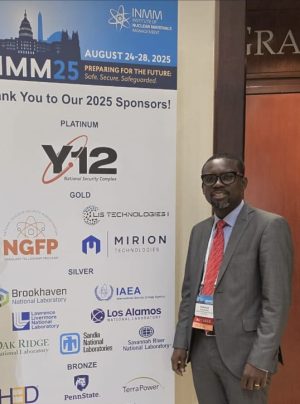
“Developed countries must do more to share knowledge and ease barriers that prevent African nations from accessing advanced nuclear technologies for peaceful purposes”, Prof. Francis Otoo, Acting Director General of the Ghana Nuclear Regulatory Authority (NRA), has said.
Speaking on a panel at the 66th Annual Meeting of the Institute of Nuclear Materials Management (INMM), held from 24 – 28 August 2025 in Washington, USA, Prof. Otoo stressed that for Africa and much of the Global South, nuclear energy is not a luxury but a necessity.
He emphasised its critical role in addressing pressing challenges like energy poverty, climate change, food insecurity, and access to healthcare.
“For many of us in the Global South, Article IV of the Non-Proliferation Treaty (NPT) is not a bonus; it is the very heart of the Treaty. The credibility of the NPT depends on its ability to deliver practical cooperation on peaceful nuclear uses, alongside strong safeguards under Article III,” Prof. Otoo told the panel on ‘Peaceful Uses of Nuclear Energy, Science, and Technology – The Nexus between Articles III and IV of the Treaty’.
Prof. Otoo highlighted how nuclear applications already play a direct role in advancing sustainable development in Africa. Beyond electricity generation, peaceful nuclear technologies are driving cancer care, food security, clean water management, and industrial innovation.
He cited the International Atomic Energy Agency’s (IAEA) flagship initiatives such as Rays of Hope (for expanding cancer therapy) and Atoms for Food (for agriculture and nutrition) as examples of how nuclear science is transforming lives.
He therefore stated that the 2026 NPT Review Conference must show visible progress in expanding such initiatives so that no vital projects are left unfunded.
Addressing concerns about regulatory capacity, Prof. Otoo pointed out that Africa is steadily building robust oversight systems to ensure the safe and secure deployment of nuclear technologies.

He explained that through the Regulatory Cooperation Forum (RCF) and the Forum of Nuclear Regulatory Bodies in Africa (FNRBA), African regulators are aligning with IAEA standards and preparing for new technologies such as Small Modular Reactors (SMRs).
Ghana, he added, has benefitted from strategic support from the USA, EU, IAEA, and bilateral partners to strengthen safeguards, nuclear safety, security, and transparency.
This shows that with sustained partnerships and peer-to-peer cooperation, the Global South is readying itself not just to use nuclear technology, but to regulate it responsibly, he emphasised.
On the question of emerging technologies such as advanced reactors, Prof. Otoo acknowledged both their promise and their risks. He pointed to Africa’s leadership as the first nuclear-weapon-free zone under the Pelindaba Treaty, saying this provides a strong foundation for peaceful nuclear expansion.
He opined that the 2026 Review Conference must ensure that advanced reactors remain accessible, safe, and proliferation resistant. This, he explained, means removing barriers for newcomer states, encouraging supplier openness, and promoting more nuclear-weapon-free zones globally. In short, sovereignty must be respected while embedding collective safeguards.
Prof. Otoo concluded with a call for balance noting that: “The NPT will only remain credible if Articles III and IV move in tandem with strong safeguards matched by real cooperation on peaceful uses. For Africa, nuclear technology is already improving health, food security, and energy access. The 2026 Review Conference must therefore reaffirm this balance to keep the Treaty meaningful for all States.”
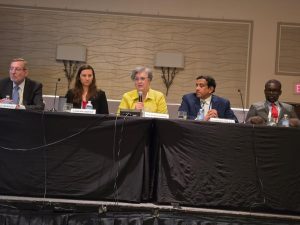
Prof. Otoo shared the stage with leading experts including Dr. Marco Marzo, Secretary General of the Brazilian-Argentine Agency for Accounting and Control of Nuclear Materials (ABAAC – Brazil), Ms. Gillian Gayner, Policy Analyst at the National Nuclear Security Administration (NNSA – Washington, USA), and Prof. Suresh Pillai, Professor of Microbiology at Texas A&M University, USA.
The session was chaired by Ana Claudia Raffo Caiado, an International Safeguards & Nuclear Non-Proliferation Expert at Oak Ridge National Laboratory, Tennessee, USA, who guided the discussion on global nuclear governance and its implications.
The 2026 NPT Review Conference, scheduled to take place in New York, will be a decisive moment for the global nuclear order. With increasing geopolitical tensions, developing states like Ghana are urging that peaceful uses of nuclear science and technology remain at the core of the Treaty’s promise.
The post 66th INMM USA: Ghana’s Prof. Otoo appeals for partnerships to advance peaceful nuclear uses in Africa appeared first on The Business & Financial Times.
Read Full Story

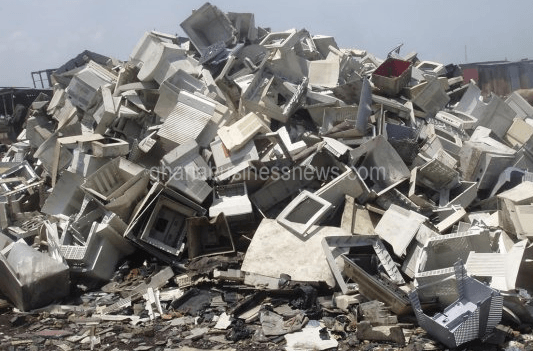
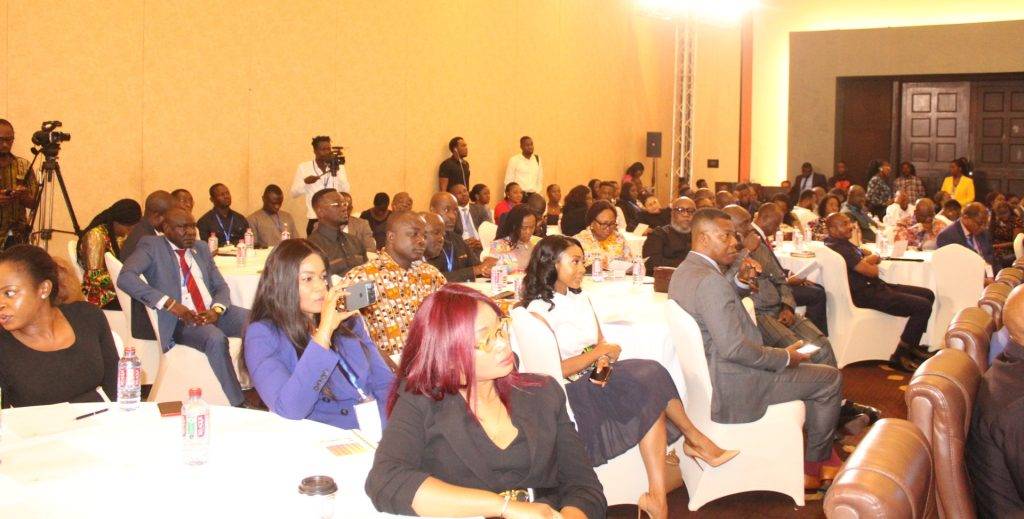


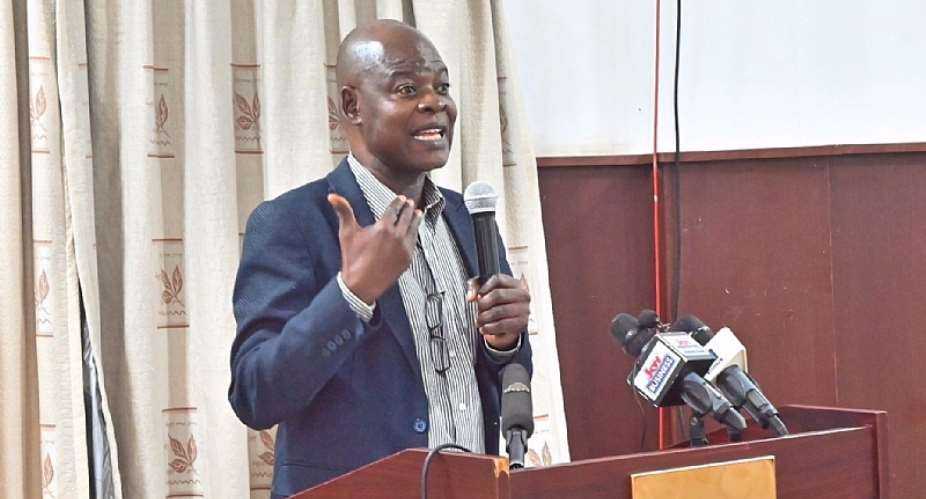








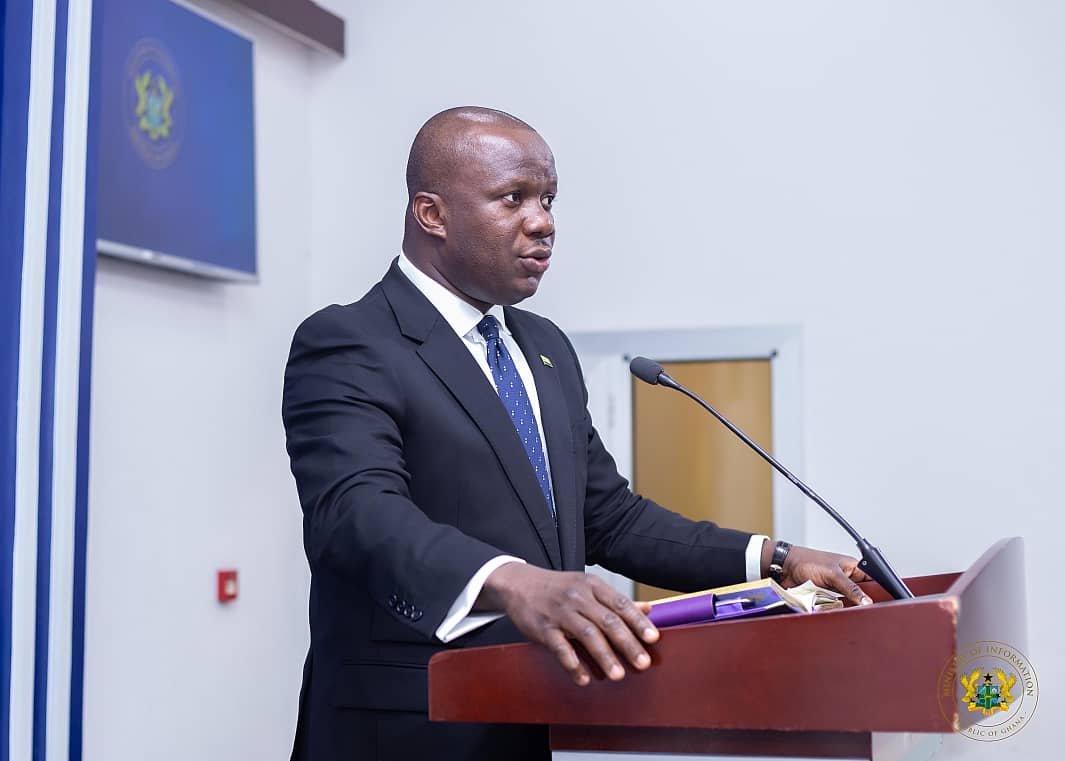
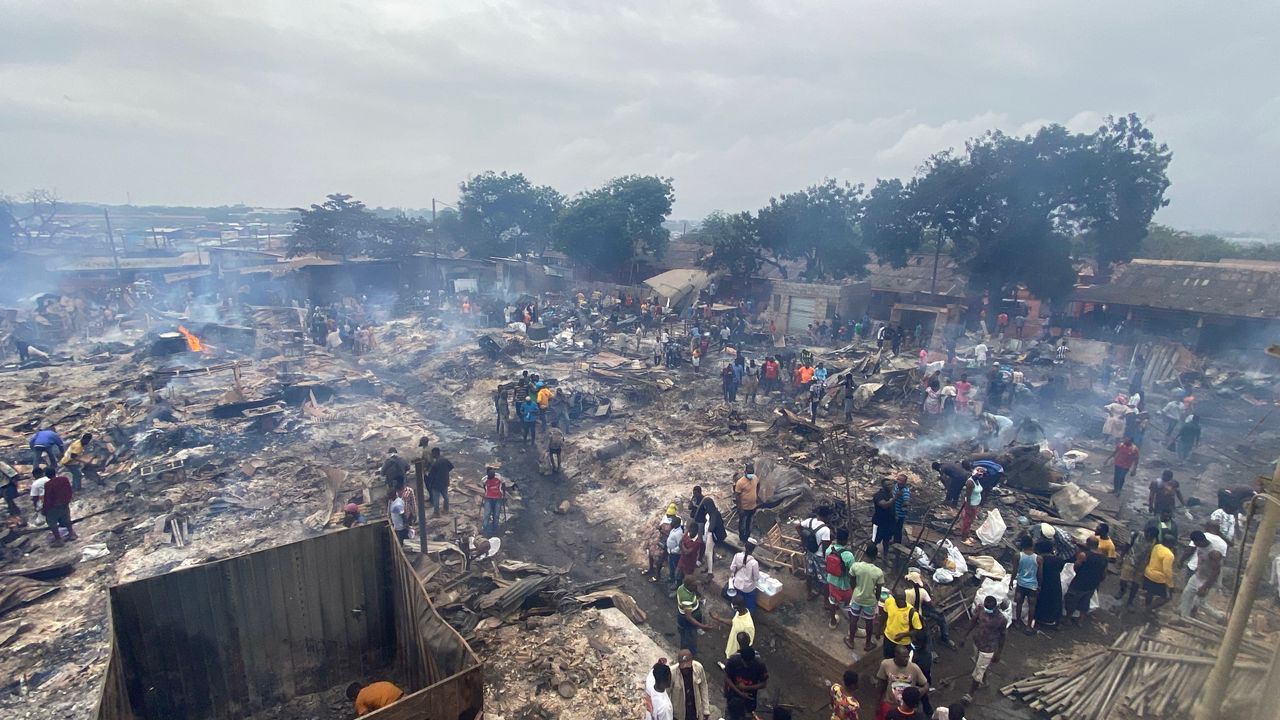

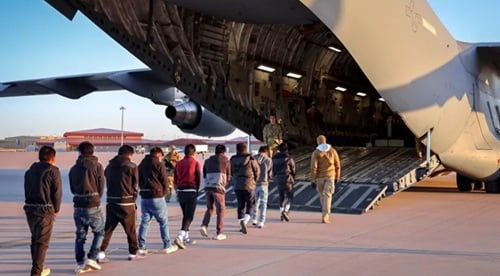

Facebook
Twitter
Pinterest
Instagram
Google+
YouTube
LinkedIn
RSS